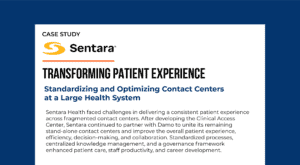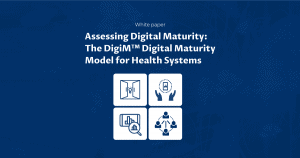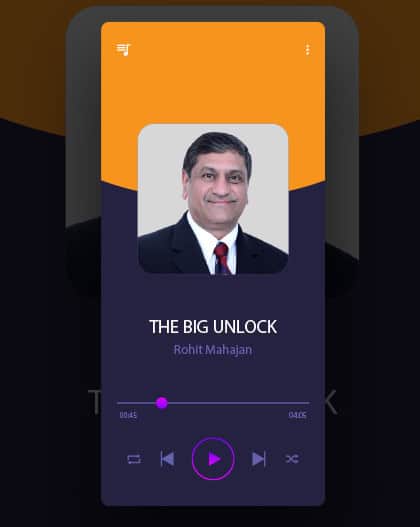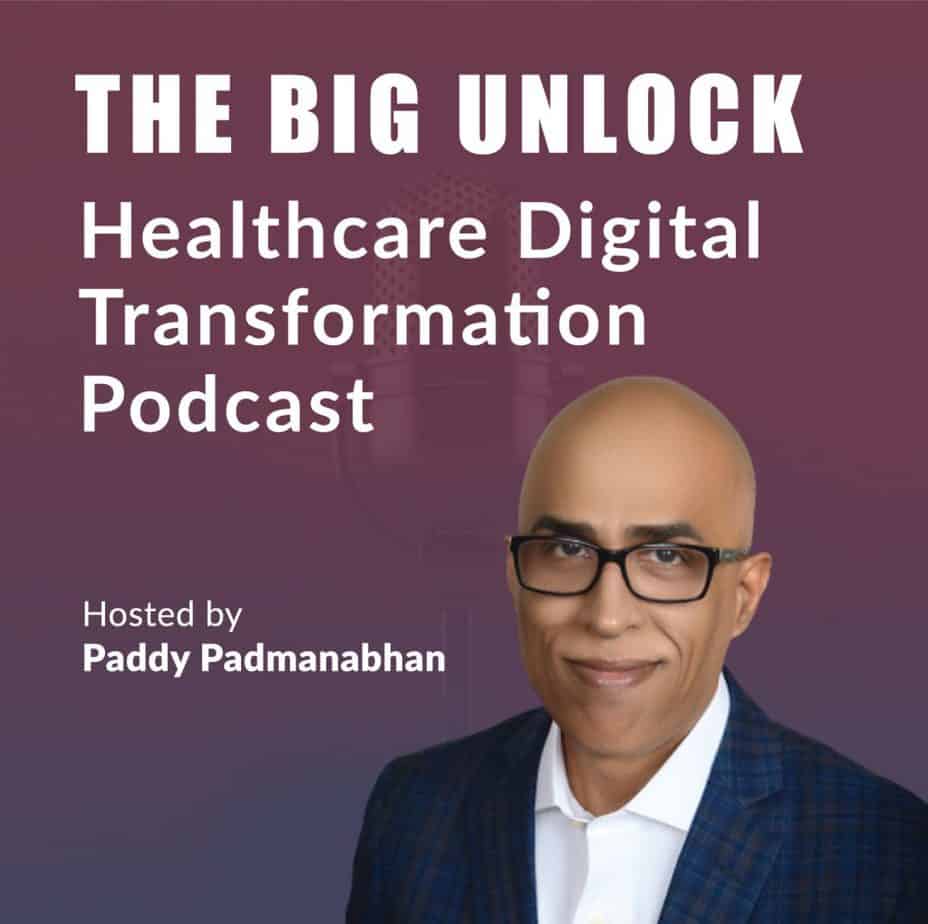The Battle of The Health Clouds

Several large tech firms have launched health clouds to tap into the burgeoning digital health ecosystem. However, the health cloud value proposition may not be entirely clear at this time.
At a recent event, I witnessed a panel discussion featuring senior executives from top tech firms discussing their plans for healthcare. They were steadfast in their belief that health care is going to be disrupted by the big cloud tech providers, which led the moderator to call it the battle of the clouds.
I refer to it more as the battle of the health clouds.
The battle for the clouds has already sorted out the market share winners. They are Microsoft, Amazon, and Google, with IBM somewhere in the mix. However, these market shares refer mostly to cloud computing as a service, or more precisely infrastructure as a service (IaaS). By and large, IaaS providers are looking to shift enterprise computing workloads from traditional data centers to the cloud (their cloud). They facilitate the shift with pay-as-you-go models, similar to how a power utility would charge for power consumption with an electricity meter in our homes.
At the other end of the spectrum, an entire generation of “born in the cloud” and “only in the cloud” startups is leading the charge for innovation in healthcare, with billions in venture capital (VC) chasing potential winners. These startups, especially the ones from Silicon Valley, are focused on developing “last mile solutions” and are mostly operating on a “build and hope they will come” mindset. Nevertheless, the startup ecosystem is addressing a critical gap today in the digital health space as I discussed in a previous column here. From a cloud perspective, these startups are mostly offering their solutions in a software as a service (SaaS) model, leveraging the IaaS models of the major cloud providers as a backbone for their applications.
Health systems, EHR and the cloud
However, what about healthcare enterprises and the big enterprise B2B technology firms that serve them, or want to serve them? Firstly, health care has been a slow mover in the migration to the cloud. Secondly, health systems, recovering from over a decade of high investments in expensive electronic health record (EHR) implementations, are focused on ways to optimize the EHR systems and improve the returns on their investments. In this light, notwithstanding the strong pushback from the physician community to the poor user interfaces and additional data entry work (read Dr. Atul Gawande on Why Doctors Hate Their Computers), hospital administrators and CIOs are looking to their primary EHR vendors such as Epic and Cerner as their default option to turn on advanced analytics and digital health experiences.
However, it is far from clear if EHR vendors are the right choice for advanced analytics functions and digital health solutions, given their primary positioning as systems of record for clinical workflows and transaction processing. Against this backdrop, several major technology firms have stepped in with what they refer to as health cloud platforms. Big tech firms such as Google, Microsoft, Salesforce, and GE Healthcare have all launched health cloud offerings in the past couple of years, as have several smaller firms, and more are on the way. However, what exactly do these firms mean whey they refer to their health cloud offerings?
Whither health clouds
Health cloud offerings are integrated solution stacks provided as a platform as a service (PaaS) with a fully integrated set of tools and technologies that are customized for digital health application development. The stack includes back-end computing infrastructure, front-end development environments, and a set of middleware services. Besides, health cloud environments are specifically set up to comply with healthcare’s data privacy, security and related compliance needs including HIPAA. Many health cloud providers also offer advanced analytics capabilities in their clouds and a set of APIs for developers looking to take advantage of all the components of the health cloud stack.
In choosing to go with a health cloud platform, health system CIO’s face a few key questions:
What are we actually buying?
Health cloud providers may be packaging standard software (such as CRM) in a cloud-enabled version, calling it a health cloud, and requiring health systems to sign standard agreements based on seat licenses. At the other extreme, health clouds are loose collections of tools and services in a pay-as-you-go model that leaves it up to enterprises to determine how to combine the toolsets into meaningful applications. Both models negate the promise of out-of-the-box plug and play as well as pricing transparency that is core to cloud computing.
How will this integrate with EHR systems?
Health clouds sit between systems of record, such as Epic and Cerner, and digital health applications that are redefining patient and caregiver experiences. Health cloud providers have to rely on EHR vendors to connect to patient records, and on the digital health innovation ecosystem to build last-mile experiences. This raises fundamental questions for CIO’s: Why do we even need a health cloud? Why not just buy the individual components separately and assemble them into our own health cloud?
What happens to all my data?
Some health clouds come bundled with advanced analytic tools, especially with firms such as Google and Microsoft. However, these advanced tools run primarily on their cloud environments as an integral feature of the cloud platform. For health systems looking to leverage these tools, the implication is that their patient data sets will need to be replicated in a third-party cloud environment. While this may be necessary to aggregate data from multiple sources, this also raises numerous questions including one of the costs.
Somewhere in the spectrum of cloud-only and on-premise only, health systems have to find ways to move forward with a cloud strategy that addresses all these questions and more. At the same time, health cloud providers have some work to do as well. Dr. Toby Cosgrove, the former CEO of Cleveland Clinic and now an advisor to Google Cloud, suggests that firms like Google need to focus on how to add apps on top of EHR systems such as Epic and Cerner and avoid trying to sell large cloud contracts to health systems. His comments imply that health systems are ready for digital transformation but not quite prepared for a large-scale shift to the cloud. The reality is that one may not be possible without the other. To that end, the game of the health cloud thrones is still in the first season.
Originally published on CIO.com

